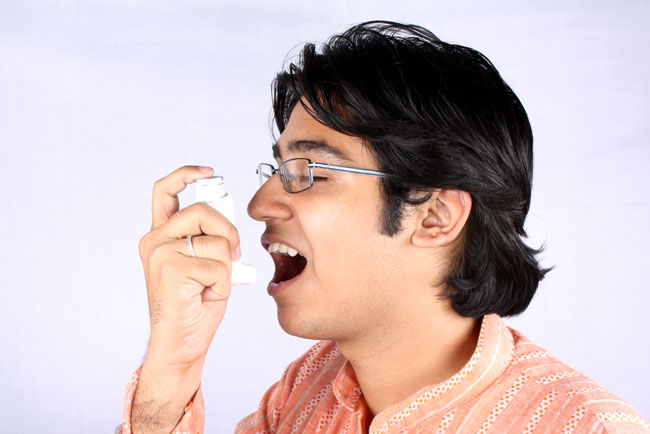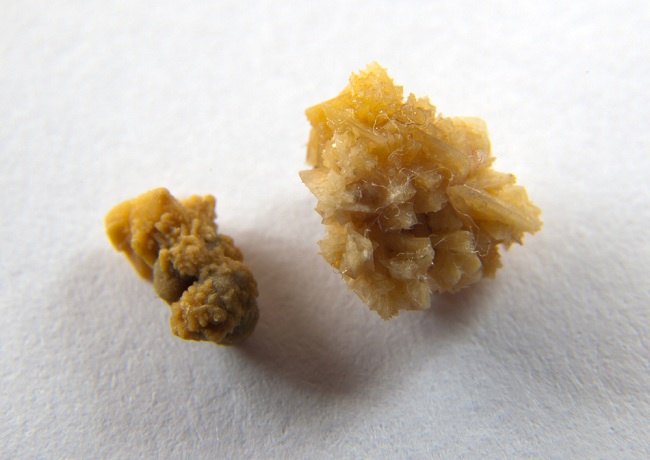Primidone is a medication to relieve and control seizures. That way, patients can carry out their normal activities and the risk of complications due to repeated seizures can be reduced. In addition, this drug can also be used in the treatment of tremors.
Primidone belongs to the barbiturate anticonvulsant class of drugs. This drug will be metabolized to phenobarbital and phenylethylmalonamide (PEMA), which will affect the electrical activity in the central nervous system. This method of action will help relieve spasms.

Primidone trademark:-
What is Primidone
| group | Prescription drugs |
| Category | Barbiturate anticonvulsants |
| Benefit | Relieves spasms and treats essential tremor |
| Consumed by | Adults and children |
| Primidone for pregnant and lactating women | Category D: There is positive evidence of risks to the human fetus, but the benefits may outweigh the risks, for example in dealing with life-threatening situations. Primidone can be absorbed into breast milk. If you are breastfeeding, do not take this medicine before consulting your doctor. |
| Drug form | Tablet |
Precautions Before Taking Primidone
Primidone should not be used carelessly and must be in accordance with a doctor's prescription. The following points should be considered before taking primidone:
- Do not take primidone if you are allergic to this medicine or to phenobarbital. Tell your doctor about any allergies you have.
- Tell your doctor if you have porphyria, adrenal gland disease, or lack of vitamins, such as folic acid or vitamin K.
- Tell your doctor if you have or are currently suffering from liver disease, alcoholism, drug abuse, sleep apnea, COPD, kidney disease, certain mental disorders, such as depression.
- Tell your doctor if you are taking certain medications, supplements, or herbal products.
- Tell your doctor if you are pregnant, breastfeeding, or planning a pregnancy.
- Tell your doctor that you are taking primidone if you plan to have certain laboratory tests or surgery.
- Do not drive a vehicle or do activities that require alertness after taking primidone, as this medicine may cause drowsiness or dizziness.
- See your doctor right away if you experience an allergic drug reaction, overdose, or serious side effect after taking primidone.
Primidone Dosage and Instructions
The doctor will determine the dose of primidone according to the age and condition of the patient. In general, the following dosages of primidone according to their intended use:
Purpose: Handling seizures
- MatureInitial dose 100–125 mg, once daily, at night before bed. The dose can be increased by 125 mg, every 3 days, until the dose reaches 500 mg per day. The maintenance dose is 750–1,500 mg per day which can be divided into 2 doses. The maximum dose is 1,500 mg per day.
- ChildThe initial dose is 50 mg once daily, at night before bedtime, for the first 3 days. This is followed by 50 mg, 2 times daily, for a further 3 days, and followed by a 100 mg dose, up to day 9. After day 9, the maintenance dose is 125–250 mg, 3 times daily.
Purpose: Treat essential tremor
- MatureThe initial dose is 50 mg per day. The dose can be increased gradually over 2–3 weeks. The maximum dose is 750 mg per day.
How to Take Primidone Correctly
Take primidone as recommended by your doctor and read the instructions for use on the packaging. Primidone can be taken before or after food. Swallow the primidone tablet with a glass of water.
Be sure to take primidone at the same time each day for the drug to work effectively. Do not stop using the drug suddenly because it can make the condition worse.
If you forget to take primidone, take it immediately if the interval between the next consumption time is not too close. When it is close, ignore and do not double the next dose.
During treatment with primidone, you will undergo a complete blood count, bone density test, folic acid level test, and monitoring of symptoms of depression. Follow the advice and schedule of examinations given by the doctor so that your condition can be monitored.
Store Primidone in a closed container in a cool dry place. Keep this medicine out of reach of children.
Primidone Interactions with Other Drugs
The following are some of the effects of drug interactions that can occur if primidone is used with certain drugs:
- Tricyclic antidepressants, beta blockers, carbamazepine, clozapine, corticosteroids, cyclophosphamide, ciclosporin, dicoumarin, digitoxin, doxycycline, ethosuximide, etoposide, granisetron, lamotrigine, losartan, methadone, mianserin, montelukast pills, KB nimodioxine, phenytoin , rocuronium, tiagabine, topiramate, vecuronium, warfarin, or zonisamide in the body.
- Increased blood levels of primidone when used with chloramphenicol, felbamate, nelfinavir, metronidazole, or sodium valproate.
- Increased risk of liver damage when used with paracetamol
- Increased risk of side effects when used with other opioids or barbiturates
Primidone Side Effects and Dangers
The side effects that can arise after taking primidone are as follows:
- Drowsiness
- Dizziness or headache
- Nausea or vomiting
- Lost appetite
- Unusual tiredness or on the contrary looking too excited
Check with your doctor if the side effects above don't get better or get worse. Call your doctor right away if you have an allergic reaction to a drug or a more serious side effect, such as:
- Impaired vision, for example seeing certain objects in multiples
- Trouble walking, such as looking clumsy
- Slow heart rate or fast or slow breathing
- Decreased libido or sexual desire
- Mood disorders, depression, or feelings of self-harm and suicide
- Faint
- Easy bruising, pale skin, unusual tiredness and getting worse









